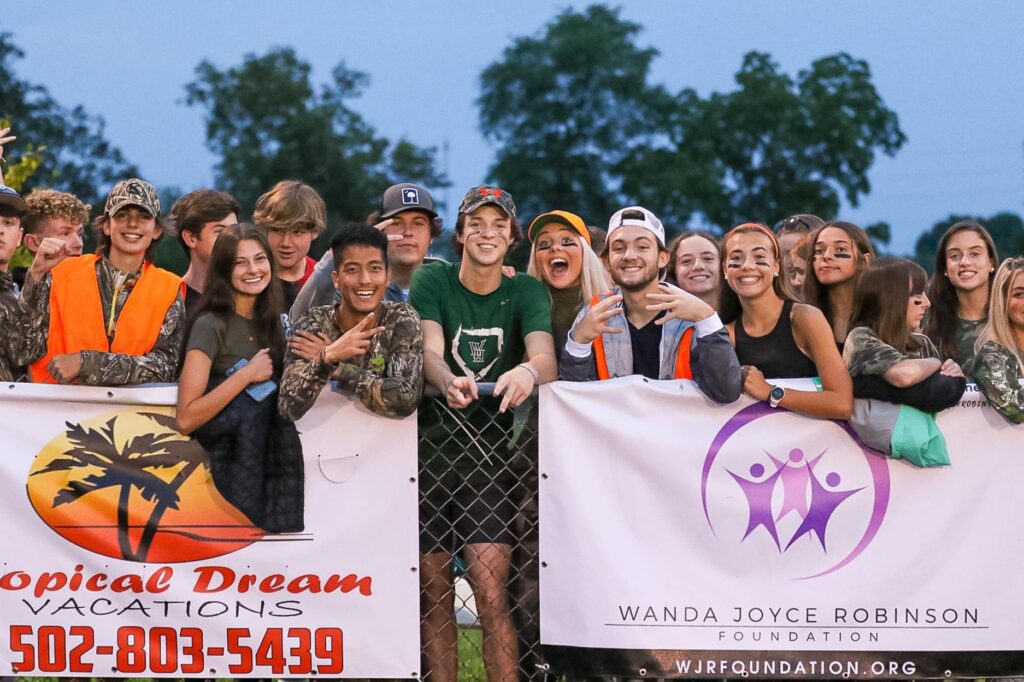
Filling in the Gaps.
Established in 2018, the Wanda Joyce Robinson Foundation (WJRF) is the vision of a formerly incarcerated father to create a nonprofit to support and mentor the children of the incarcerated in Kentucky. Dale Robinson served ten years in federal prison, leaving two young sons to be raised in poverty by single mothers. With the support of teachers, coaches, mentors, and extended family, his sons made their way to higher education. Without positive role models and caring adults, Dale believes his sons may have followed his own path of crime and likely become involved with the justice system.
Kentucky’s state incarceration rate is more than double the national average, impacting 145,000 children, leading the nation in the number of children living with relatives. Kentucky also has the second highest female incarceration rate in the country. Children of incarcerated parents are more likely to experience physical and emotional abuse, addiction, poverty, and to drop out from high school; they are also more likely to become justice involved themselves. This loss of human potential has an immense impact, not only on individual families, but also on the long term, generational community wellbeing and economic development.
WJRF has the unique capacity to “fill in the gaps” that macro-level social services unintentionally create. WJRF unites the parent, child/youth, law enforcement, the correctional system, schools, mental health providers, government, and business to create a “family” network. Within this family, WJRF provides mentorship programs for both the incarcerated parent and child; support services for non-incarcerated parents and caregivers; training for educators; and opportunities for relationship building to wider community networks.
The WJRF was created to meet a specific need, to serve the children of the incarcerated. It is staffed by experts, through training or lived experience. The organization is composed of volunteers, professionals from the fields of social services, education, corrections, law, government, and health. They volunteer their time outside of their full-time careers to make the WJRF programs possible. These volunteers include the co-founder and president, along with volunteers who lead student and adult meetings and trainings; recruit, train, and match mentors; hold fundraisers; solicit donations and grants; provide legal assistance; and provide communications and marketing expertise.
The board meets monthly to manage WJRF’s projects. They produce annual reports and have a strategic plan that is reviewed and updated each year. The board includes individuals who are a part of the Office of the Courts, Department of Juvenile Justice, city and county Police Departments, Department of Community Based Services, other non-profits, universities, libraries, and several school districts. WJRF unites many service providers and professionals to fill in the gaps left by traditional agencies. By building relationships directly with justice involved parents, correctional and law enforcement staff, teachers, and caretakers, they are able to identify individual children/youth most in need.
Dale honored his late mother in the naming of the organization, and in celebrating the spirit of a mother’s unconditional love and hope for her children. To date, the Foundation, which is based in Frankfort, Kentucky, has created programs serving families and schools in eight Kentucky counties; training educators in four states, and has advised youth services abroad.
A complete organizational description and history can be found in the strategic plan, available for viewing, www.wjrfoundation.org.
